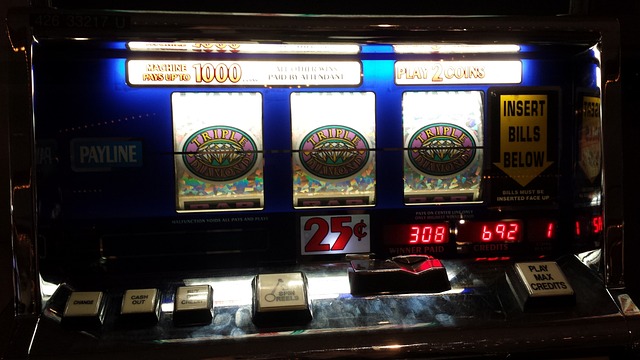Betting exchanges (or betting markets) are online platforms enabling peer-to-peer gambling, where users trade bets, set odds, and profit from market fluctuations based on supply and demand. These platforms use real-time data and algorithms to match opposing bets and update odds instantly, promoting transparency. Compared to traditional bookmaking, betting exchanges offer competitive odds, higher profit potential, and diverse markets, appealing particularly to experienced bettors. However, the lack of central authority introduces risks like unfair practices and market volatility, necessitating swift decision-making and responsible betting.
“Discover the dynamic world of betting exchanges, a revolutionary concept transforming the sports betting landscape. This comprehensive guide, ‘Understanding Betting Exchanges: A Comprehensive Overview’, delves into the inner workings and impact of these innovative platforms. From ‘How Do Betting Exchanges Work?’ to exploring their unique ‘Benefits and Risks’, we unravel the technicalities and weigh the options. Uncover why betting exchanges are a game-changer for folks seeking enhanced betting experiences, while also understanding potential pitfalls. Get ready to navigate this labyrinthine yet fascinating realm.”
- Understanding Betting Exchanges: A Comprehensive Overview
- How Do Betting Exchanges Work? The Technicalities
- Benefits and Risks: Weighing Your Options with Betting Exchanges
Understanding Betting Exchanges: A Comprehensive Overview

Betting exchanges, often referred to as betting markets, are online platforms that facilitate peer-to-peer betting, allowing users to bet against each other rather than on traditional bookmakers. This innovative approach flips the script on conventional gambling dynamics by offering a more transparent and potentially lucrative experience for participants.
These exchanges operate with a simple yet powerful concept: they provide a space where odds are determined by supply and demand, creating a dynamic and ever-changing landscape. Users can place bets on various events, from sports matches to political outcomes, and even niche markets. The key advantage lies in the ability to trade bets, adjust prices, and potentially profit from market fluctuations. This interactive nature empowers bettors to become active participants in the process, making informed decisions based on real-time data and the collective wisdom of the crowd.
How Do Betting Exchanges Work? The Technicalities

Betting exchanges operate on a peer-to-peer model, where bettor A offers to back an outcome with odds set by their assessment of the event’s likelihood, and bettor B, seeking to counter that view, offers to lay (bet against) the same outcome at different odds. This real-time interaction creates a dynamic market for each wagered event, with prices fluctuating as more participants enter the market. The exchange acts as an intermediary, matching bets and ensuring fair play by facilitating instant settlement once the outcome is known.
This process involves complex algorithms that match bettors with opposing views, execute trades, and update odds accordingly. This real-time market data is accessible to all users, promoting transparency and allowing for continuous price discovery. The efficiency of these technical mechanisms underpins the appeal of betting exchanges, where active markets offer more competitive odds and greater potential for profit compared to traditional bookmaking models.
Benefits and Risks: Weighing Your Options with Betting Exchanges

Betting exchanges offer a unique and dynamic approach to sports betting, providing a platform where bettors can trade prices and lay bets against one another. One of the key benefits is the potential for higher profits due to the more competitive pricing structure. Unlike traditional bookies, exchanges allow users to set their own odds, creating an environment that encourages diverse markets and better value. This is particularly advantageous for experienced bettors who can identify opportunities and exploit price discrepancies.
However, this system also presents risks. The lack of a central authority means there’s no safety net in case of unfair practices or disputes. Bettor A might offer significantly higher odds than Bettor B, leading to potential exploitation. Moreover, the volatility of live markets can result in rapid changes to available odds, requiring quick decision-making. While betting exchanges provide an exciting and potentially lucrative experience, understanding these risks is crucial for responsible betting.
Betting exchanges, as an alternative to traditional bookmakers, offer a unique approach to sports wagering. By enabling users to create their own odds and trade on market movements, they provide both advantages like lower costs and potential higher returns, as well as risks associated with price fluctuations and the need for active participation. Understanding how betting exchanges function and carefully weighing the benefits and risks is crucial before delving into this dynamic and potentially rewarding realm.






